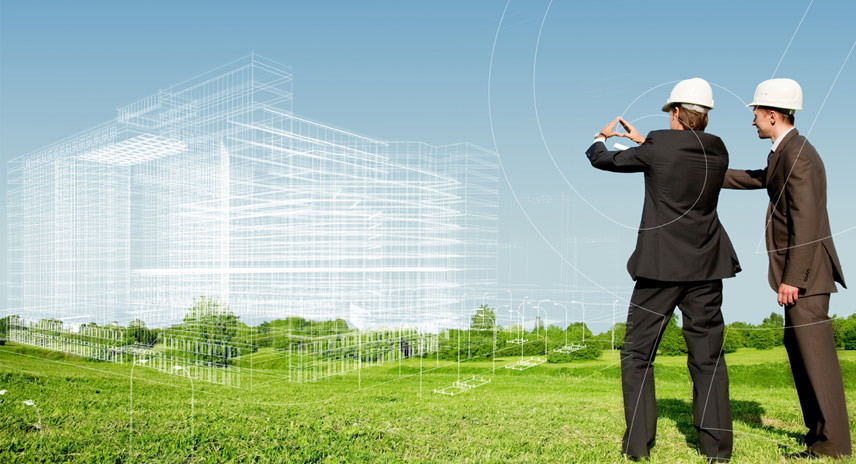The Role and Influence of Property Developers in Shaping City Landscapes
The Role and Influence of Property Developers in Shaping City Landscapes
Blog Article
In the world of real estate real estate developers are the creators of contemporary urban landscapes in directing the transformation of empty land into vibrant towns and commercial zones. The developers play a key function in shaping the skylines of cities and addressing the housing requirements, and driving economic growth. The ventures they undertake encompass a variety of projects, ranging from residential complexes to commercial spaces, each leaving an imprint upon the towns they are located in.
The core in the business of property developers lies the vision to turn abandoned land or unutilized property into useful assets. They carefully analyze trends in the market analyze the demands of the neighborhood, and develop plans that fulfill requirements and goals. These visions often involve collaboration with urban planners, architects and local government officials to ensure alignment with the zoning laws as well as infrastructure and environmental concerns. From luxurious condos to mixed-use projects, property developers know how to design and building projects that appeal to a variety of demographics and tastes.
Beyond sight, property developers have a knack for navigating the complicated web of regulations permit, permits and zoning laws governing the construction of projects. In order to navigate through this maze of bureaucratic complexities, they require the most sophisticated legal and logistical skills. Developers must engage with local authorities, engage in public consultations and adhere to the environmental regulations. Their ability to maneuver through the complexities of these processes will determine the fate of a project's timetable, greatly affecting timelines and profitability.
Beyond the mortar and bricks, property developers are instrumental in shaping the social fabric as well as economic vitality of communities. With strategic investments in public space, amenities and infrastructure, they boost the quality of life and appeal of neighborhoods. With the help of lively shopping districts along with recreational facilities and the arts, they contribute to local economies as well as create job opportunities. Additionally, sustainable practices for development promote environmental stewardship and resilience to climate change while aligning with broader societal goals. Thus, property developers exert significant influence in fostering an inclusive and sustainable development, and promoting a mutually beneficial connection between community development and well-being. To get extra details kindly head to Akisama
However, the path to development can also bring challenges and controversies, often entailing complex negotiations with local authorities, environmental concerns, and communities' resistance. Some critics argue that the rapid growth of cities caused by developers can cause issues such as gentrification, displacement of indigenous communities and degradation of the environment. In the battle to balance economic demands with social as well as environmental sustainability is an ongoing issue to the development industry.
The viability of development projects depends not only on financial viability but also on community acceptance and participation. Participation of stakeholders, open communication and corporate social responsibility programs are key elements of responsible development practices. Interacting with residents as well as NGOs and advocacy groups builds trust, increases inclusion and ensures that development projects align with the broader interests of society. Furthermore, the inclusion of elements that create a sense of place, like the public art installation, leisure areas, as well as cultural facilities, enriches the neighborhood's social fabric and creates a sense belonging to the residents.
